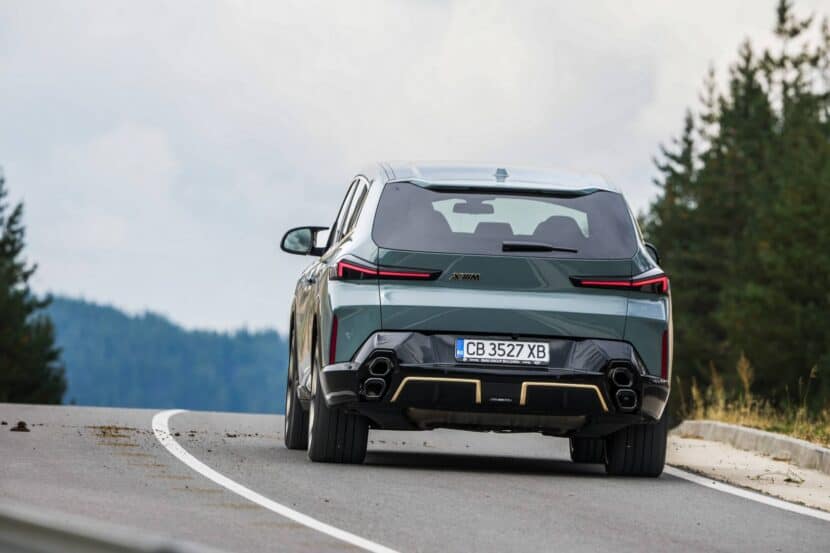Tipping the scales at a hefty 2,710 kilograms, the BMW XM is never going to take down any records in an acceleration test. Yes, there are some seriously heavy vehicles that deliver amazing performance off the line but they’re usually EVs with their instantly available torque. This dedicated M model also happens to have an electric motor, but it also rocks a twin-turbo 4.4-liter V8 engine.
The colossal SUV promises to do 0-62 mph (0-100 km/h) in 4.3 seconds, which isn’t too shabby for such a heavy vehicle that’s 5110 millimeters (201 inches) long and 2005 mm (79 in) wide. In a real-life test conducted by the Australian folks at CarExpert, the sporty luxobarge did a rather disappointingly 4.6-second sprint in the initial run. However, it fared much better in the subsequent launch by completing the task in as little as 4.19 seconds.
That being said, let’s not ignore the fact that a much cheaper X5 M Competition is still notably quicker on paper, with BMW quoting a 3.9-second sprint time. While the video features the regular XM, lest we forget there’s a hotter Label Red variant that ups the power ante from 643 hp to 738 hp while torque rises from 800 Nm (590 lb-ft) to a massive 1,000 Nm (737 lb-ft). The extra oomph lowers the sprint time to 3.8 seconds.
This regular XM was clocked in at 2.44 seconds for the 50 to 75 mph (80 to 120 km/h) sprint, which is pretty amazing for such an imposingly large and heavy vehicle. It gives us hope that next year’s M5 will be even quicker since it should be a tad lighter than the SUV. The super sedan will inherit the plug-in hybrid V8 setup, but we’re hearing it’ll be detuned to somewhere between the standard XM and the Label Red. This electrified powertrain is also going into the revival of the M5 Touring.
It is believed BMW will keep making V8-powered M cars into the early 2030s, so downsizing will just have to wait. The inline-six is also going to survive throughout the rest of this decade. However, the M division has pledged all next-generation models will be plug-in hybrids, which makes sense since electrification is the only way to meet stricter emissions regulations and keep large-displacement combustion engines.
Source: CarExpert / YouTube

